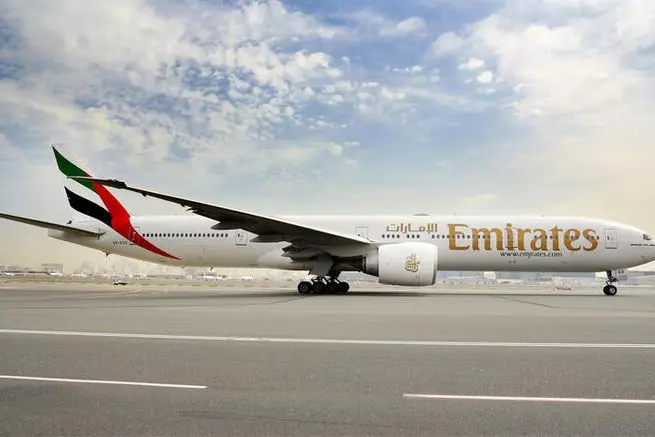PHOTO
The Middle East’s aviation industry is heading for more job losses, as the air traffic continues to suffer due to the coronavirus pandemic, the International Air Transport Association (IATA) said.
Before the end of the year, an estimated 1.7 million people are expected to be out of employment, the air transport body’s latest research revealed.
The number is half of the region’s 3.3 million workers in aviation and related industries. Within the aviation industry alone, some 323,000 jobs will be lost, while the gross domestic product (GDP) supported by aviation in the region will plummet by up to $105 billion.
“This latest research highlights the urgency of restarting aviation in the Middle East. Normally, aviation contributes $213 billion to the region’s GDP. Closing borders has reduced this to $108 billion,” said Muhammad Albakri, IATA’s regional vice president for Africa and the Middle East.
The UAE’s major carriers Etihad and Emirates had recently confirmed payroll cuts that have displaced thousands of workers, including expatriates that had come to the Middle East during its economic boom.
Hugely depressed
More than a decade ago, tens of thousands of foreigners landed in the Gulf as carriers went on an expansion mode by acquiring new fleet and opening international routes. During the global lockdown in April, airlines were forced to ground their planes.
IATA said last week that, despite attempts to revive the economies after the lockdown, the aviation industry remains “hugely depressed”, with passenger demand in the region still more than 90 percent lower than last year’s.
In a statement on Thursday, it said that, while 11 countries in the region have already opened their borders, passengers are still subject to a mandatory quarantine in nine of these states. This, the association said, “effectively stops people from travelling.”
IATA is reiterating its call for the implementation of systematic COVID-19 testing for passengers prior to departure, to help restore consumer confidence and eventually help the industry recover.
“Quarantine measures are crippling the industry’s recovery and hampering its ability to support social and economic development. Testing for COVID-19 will enable the Middle East and the world to safely re-connect and recover,” said Albakri.
(Reporting by Cleofe Maceda; editing by Mily Chakrabarty)
Disclaimer: This article is provided for informational purposes only. The content does not provide tax, legal or investment advice or opinion regarding the suitability, value or profitability of any particular security, portfolio or investment strategy. Read our full disclaimer policy here.
© ZAWYA 2020





















